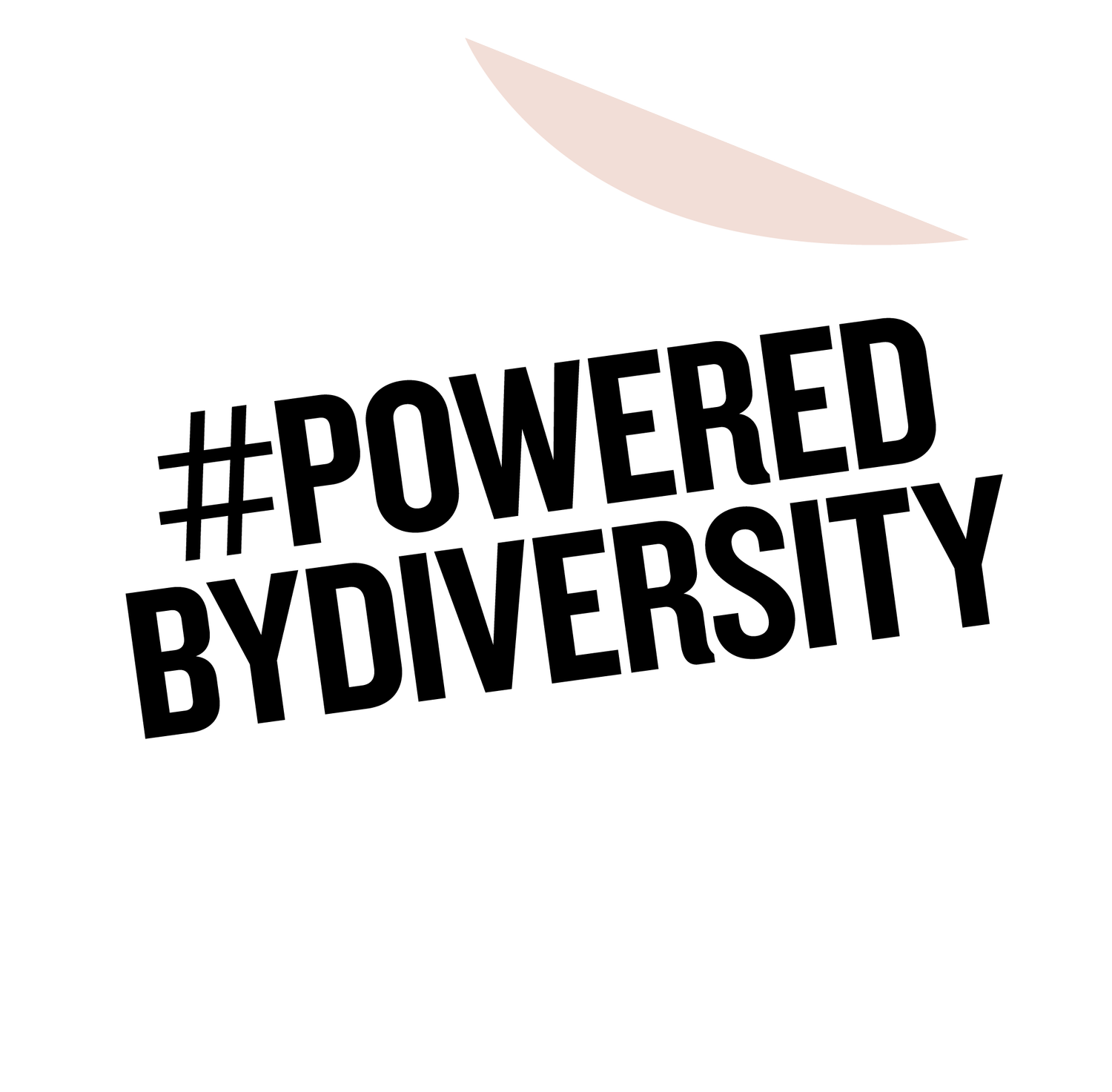From the youth justice system into the world: How DEI can break a toxic cycle
Robert Panico - Powered By Diversity Collective
The genuine and naïve hope of supporting young people out of the youth justice system was quickly turned into an awareness of the injustices and lack of opportunities they often face. In my five years of work between semi-independent units, youth centres, children's homes, homeless, human trafficking and modern slavery services, I observed the many BAME young people entering and exiting the criminal court under Out of Court Orders, often charged with fines and obligations to attend services like the youth offending team.
Confronting disparities
During my academic course on youth justice, I started comparing my professional experiences with british national statistics. In 2016, 74% of young offenders were white, while 14% were Black, 5% were Asian, 6% were mixed, and 1% were Chinese or other ethnicities. However, BAME young offenders were more likely to be sentenced to prison (71%, 86%, and 35% respectively). These numbers led my reflections on the inequalities persistent into a system that systematically label disadvantaged people.
Reflecting on my own lived experiences and comparing them with statistics, I realised the inequalities within a system that often labels young people, leaving them with these labels for life. Future expectations often depend on the perceptions others have of you, which can hinder job opportunities and personal growth. It’s not just the label that remains on the shoulders of these young people, but also how these experiences change their way of thinking, expressing themselves, and perceiving, increasing their diversity or the perception of being "outsiders."
Toward a more equitable future
After some years of observing these struggles, I have identified how equitable initiatives are crucial in countering the stigma associated with those involved in the youth justice system. By implementing diversity, equity and inclusion (DEI) strategies, we can create an inclusive society that recognises the potential and value of every individual, regardless of their past. Following a few suggestions:
- Raising awareness of the challenges faced by those involved in the youth justice system helps challenge misconceptions and stereotypes. Education and dialogue can help, shifting the narrative from fear and judgment to compassion and support.
- Involving people with a history in the youth justice system in community activities helps them rebuild social networks and develop positive relationships, reducing isolation and fighting stigmatisation.
- Providing fair access to education, employment, and housing opportunities breaks down barriers preventing reintegration into society while challenging negative stereotypes and prejudices.
- Ensuring fair, impartial, and culturally sensitive policies and practices prevents further discrimination against those form disadvantaged backgrounds, promoting rehabilitation and reintegration instead of punishment and exclusion.
A successful life often depends on accessibility to opportunities. As someone with lived experiences, I have experienced how fighting for accessibility and gaining access to opportunities has changed my life. However, vulnerable people shouldn't have to constantly struggle for access, they should be equipped with the right tools to access opportunities and equitable strategies are needed for this because ‘it’s never about inviting someone to a party, but about making sure they feel comfortable dancing with everyone else’.
About the author
Robert's path into the youth justice and social system began at the age of 16 due to his problematic behavior and substance abuse stemming from oppressive dynamics. Neurodiversity linked to traumatic events were the main causes of his inability to settle for many years, on the other hand, this has allowed Robert to travel, work and connect with many cultures across Europe, Asia and Oceania. In 2019, Robert settled in London and began to connect his lived experiences to academic studies in social justice, EDI and global cultures. He dedicated the last few years to inner work and personal growth which has supported his academic and professional commitment. In 2022 Robert achieved his first degree in youth justice, a Life Coaching certification and in 2023 an academic certificate in equality, diversity, and inclusion with a focus on anti-oppressive, anti-racist and anti-discriminatory practices. Ultimately, Robert became a Facilitator accredited by Training4Influence. and now leads facilitation for professionals while on his free time he loves writing. His mission is to break invisible barriers while connecting his lived experiences to theories and practice and his journey is a testament to the transformative power of values, personal growth and educational exploration.
About the Collective
The Powered By Diversity Collective works with Powered By Diversity to produce a wealth of lived experience playbooks, videos and other training materials to give businesses the tools to create a truly equitable, diverse and inclusive workplace.
Further materials (available though subscription to the Powered By Diversity award winning data platform)
The Diversity in Neurodiversity
What You Need to Know About Diversity & Inclusion

